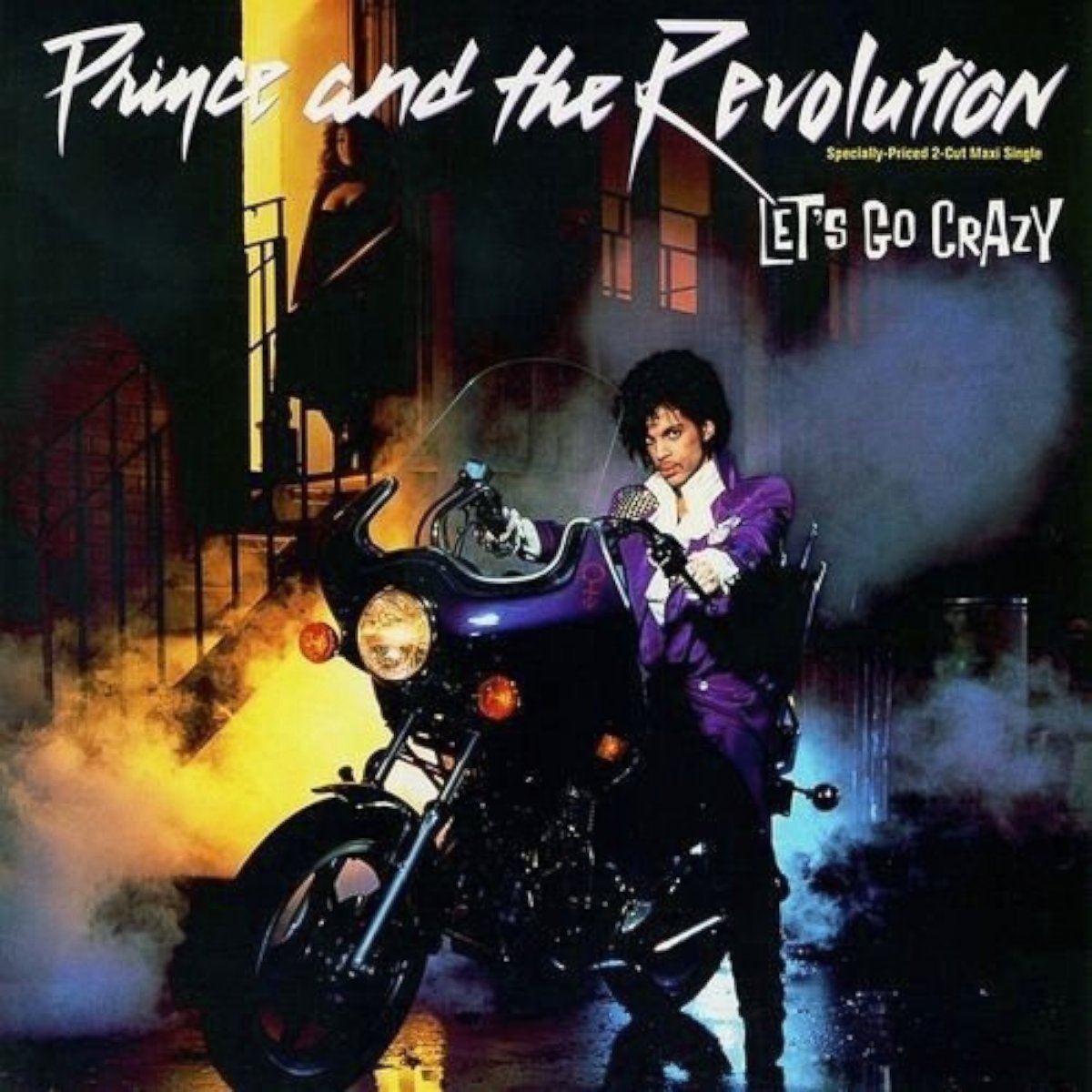Mom Wins Legal Step in 8-Year Battle Over 'Dancing Baby' YouTube Video
It's been a drawn-out legal battle over a 29-second video of a dancing baby
— -- A mom in Pennsylvania may be one step closer to getting her day in court to seek damages against a record company over a YouTube video that showed her baby dancing to a song by Prince.
Universal Music asked YouTube to take down a video posted by Stephanie Lenz that showed her baby Holden dancing to Prince's "Let's Go Crazy" in 2007. The 29-second video, which showed the baby dancing to music that was playing on a stereo in the background, was taken down temporarily.
"I didn't like being accused of something that I didn't do," Lenz told ABC News in 2007. Universal Music had stated that Lenz's video constituted copyright infringement.
So, the nonprofit Electronic Frontier Foundation sued Universal on Lenz's behalf, claiming the company didn't factor in her rights to legal fair-use of the song before demanding that YouTube remove the video.
On Monday, a federal appeals court in San Francisco sided with Lenz, upholding her lawsuit and ruling Universal should have considered her fair-use rights before trying to remove the content from the Internet. While Universal argued that Lenz had no claim for damages, the appeals court is allowing Lenz to seek "nominal" damages because the video was non-commercial and was taken down temporarily.
"Fair use is not just excused by the law, it is wholly authorized by the law," the appeals court said in its ruling.
More than eight years after this mom's video was first published, her case to seek damages may head to trial. While the amount of any potential damages has yet to be considered at trial, the focus of Lenz's lawsuit is whether she sustained an injury to her rights because a copyright holder failed to make a good-faith effort to evaluate whether the use of Prince's music fell under fair use.

An attorney for Lenz, Ashok Ramani, told ABC News today, "The appeals court made clear that content holders will have to pay damages if they thoughtlessly censor lawful speech without considering fair use."
In a statement to ABC News, Universal said, "We respectfully disagree with the court's conclusion about the [Digital Millennium Copyright Act] and the burden the court places upon copyright holders before sending takedown notices."




